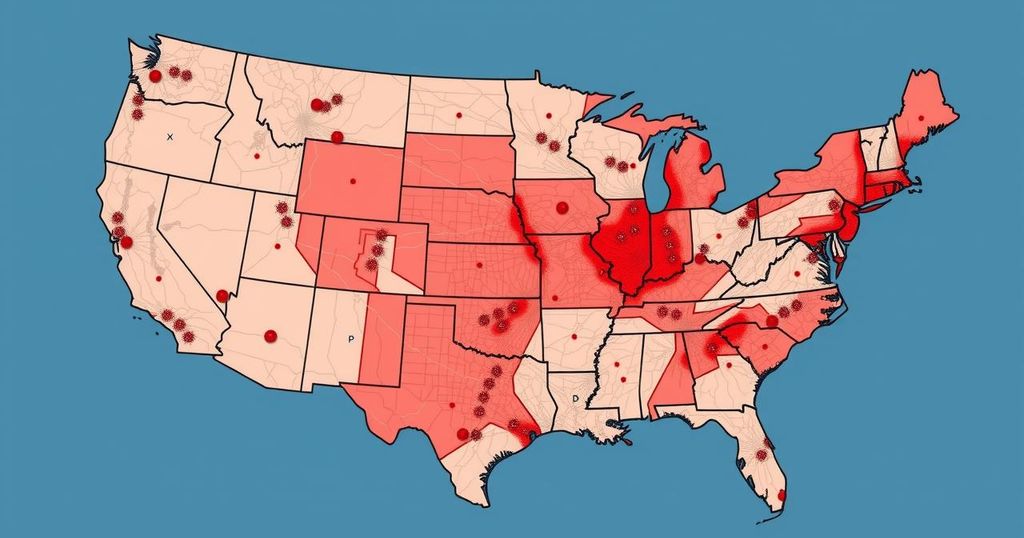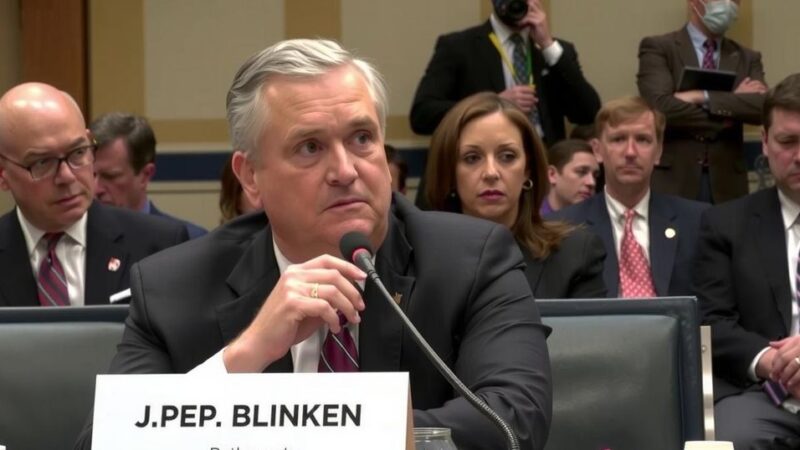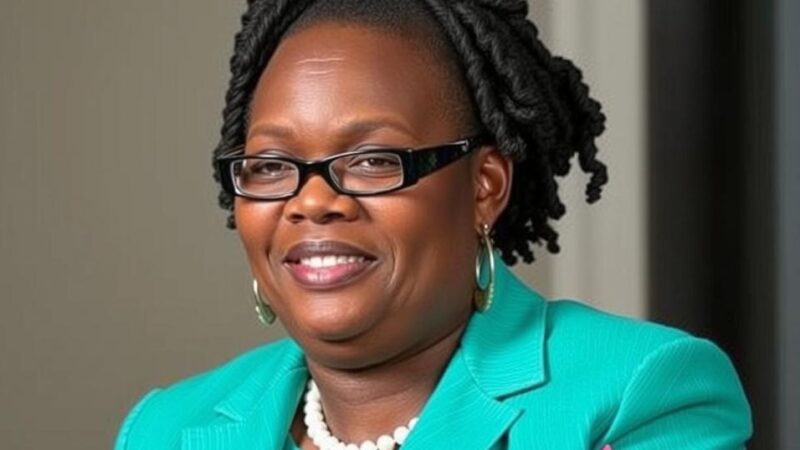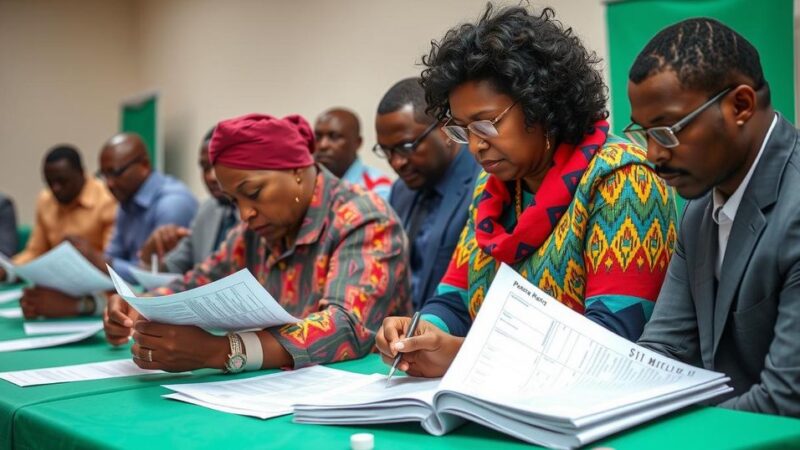The year 2024 saw nearly 3 billion citizens voting in elections across 73 countries, marking a significant moment in democratic participation. Despite this historic turnout, challenges such as disinformation, political polarization, and declining trust in institutions persisted. The elections highlighted both a shift towards inclusive governance in some regions and significant obstacles, particularly regarding gender and youth representation. Ultimately, 2024 illustrated the ongoing tension between democracy’s potential and its vulnerabilities.
The year 2024 was remarkable for global democracy, witnessing unprecedented voter turnout with nearly 3 billion ballots cast across 73 nations. This historic engagement reflected the expanding reach of democratic processes, many citizens experiencing elections for the first time. However, these elections were not without significant challenges; two-thirds of voters expressed feeling alienated from political discourse, while trust in democratic institutions continued to decline due to disinformation and political polarization.
The 2024 elections, branded a “super election year,” resulted in notable political upheavals as voters frequently replaced incumbents deemed disconnected from popular sentiment. This shift was particularly apparent in France and Germany, where far-right movements capitalized on economic anxieties and societal divides, yet they were thwarted by centrist coalitions. Simultaneously, irregularities including vote-buying and voter suppression methods fostered skepticism towards the electoral process, further challenging democracy’s robustness.
Amidst these challenges, signs of resilience persisted. A generational shift in leadership emerged in African countries such as Chad, Mozambique, and Senegal, promoting more inclusive governance. Collaborative efforts across partisan lines illustrated the potential for unity in safeguarding democratic principles, but systemic obstacles such as gender and youth underrepresentation continued to hinder overall progress.
While women’s political participation saw a marked upswing in certain nations, setbacks in others highlighted the inconsistency in gender representation worldwide. Young individuals also faced significant underrepresentation, with the average age of elected leaders remaining largely unchanged, indicating an urgent need for greater youth engagement in political institutions.
The 2024 elections exemplified a dual narrative where the complexities of democracy’s strength coexisted with threats to its integrity. Issues such as misinformation, economic challenges, and governance inefficiencies strained democratic resilience, simultaneously revealing an avenue for reform and renewal in the broader political landscape.
Moreover, the evolving role of media in the electoral process, particularly with the advent of social media and artificial intelligence, sparked concerns over integrity and misinformation. As the prevalence of disinformation campaigns grew, so did the polarization within civic spaces, exacerbating the challenges faced by democratic institutions.
The 2024 elections were significant not only for their scale but also for the underlying tensions within modern democracies. With nearly 3 billion people participating, the elections highlighted the dual nature of democratic engagement—opportunity and vulnerability. The pervasive influence of technology and social media introduced both risk and potential for reform, while the rise of far-right ideologies mirrored economic grievances and cultural divisions faced by many nations. Ultimately, these elections served as a litmus test for the strength and adaptability of democracies in the face of multifaceted challenges.
In conclusion, the 2024 elections represented a pivotal moment in democratic engagement, marked by vast voter participation alongside significant institutional challenges. While the rise of disenchantment and misinformation posed serious threats to democratic processes, they simultaneously unveiled opportunities for reform and enhanced civic representation. This year underscored the urgency to address representation disparities and foster resilient democratic practices that can adapt to contemporary societal demands, emphasizing the ongoing need for political accountability and integrity across the globe.
Original Source: anfrel.org






